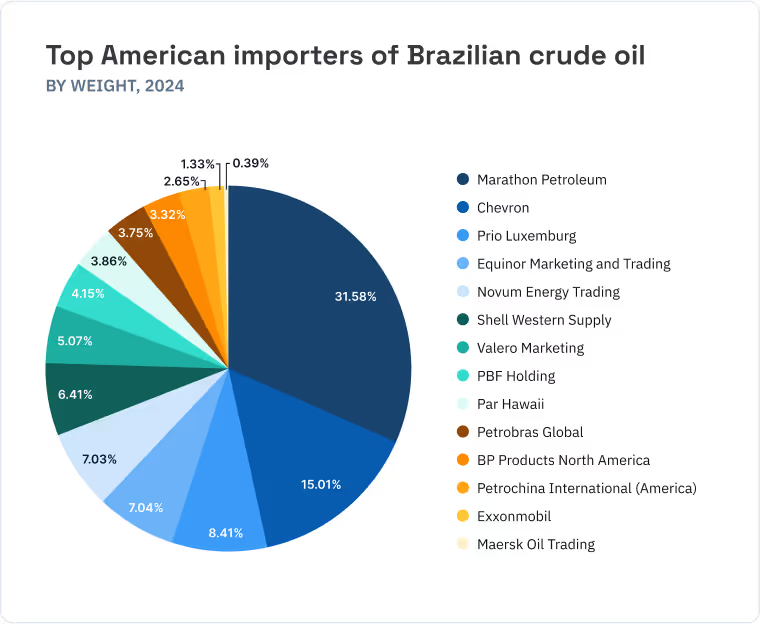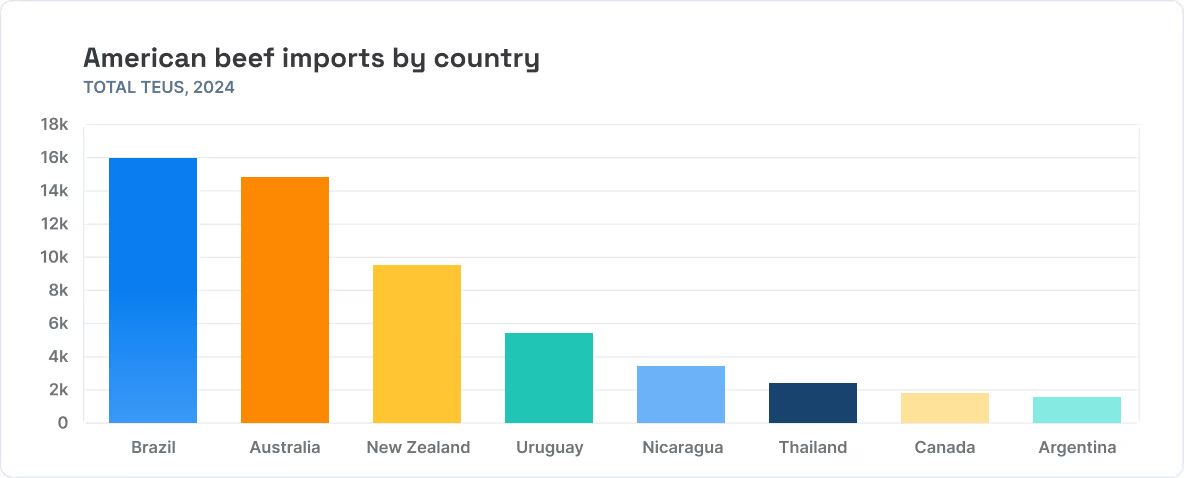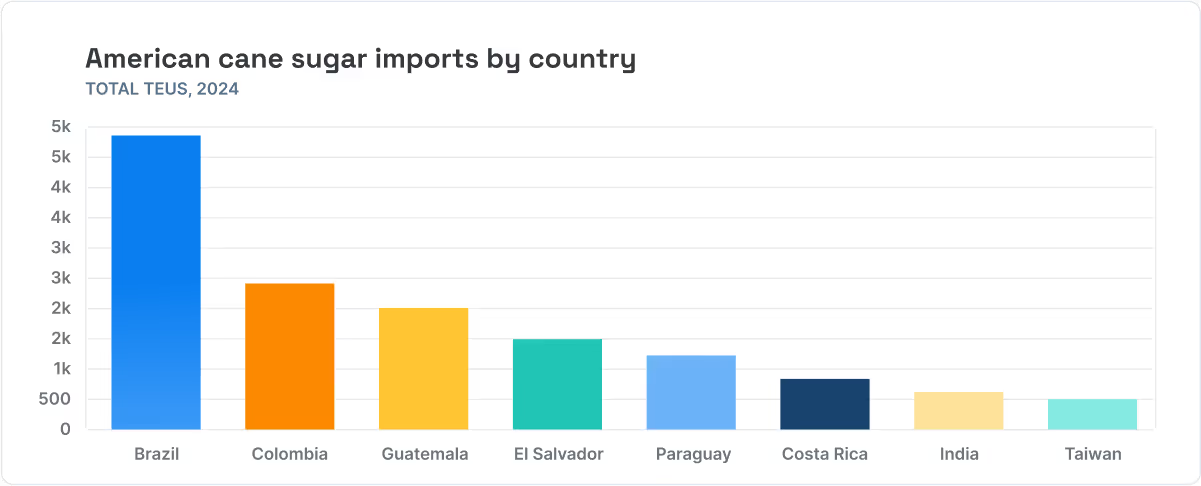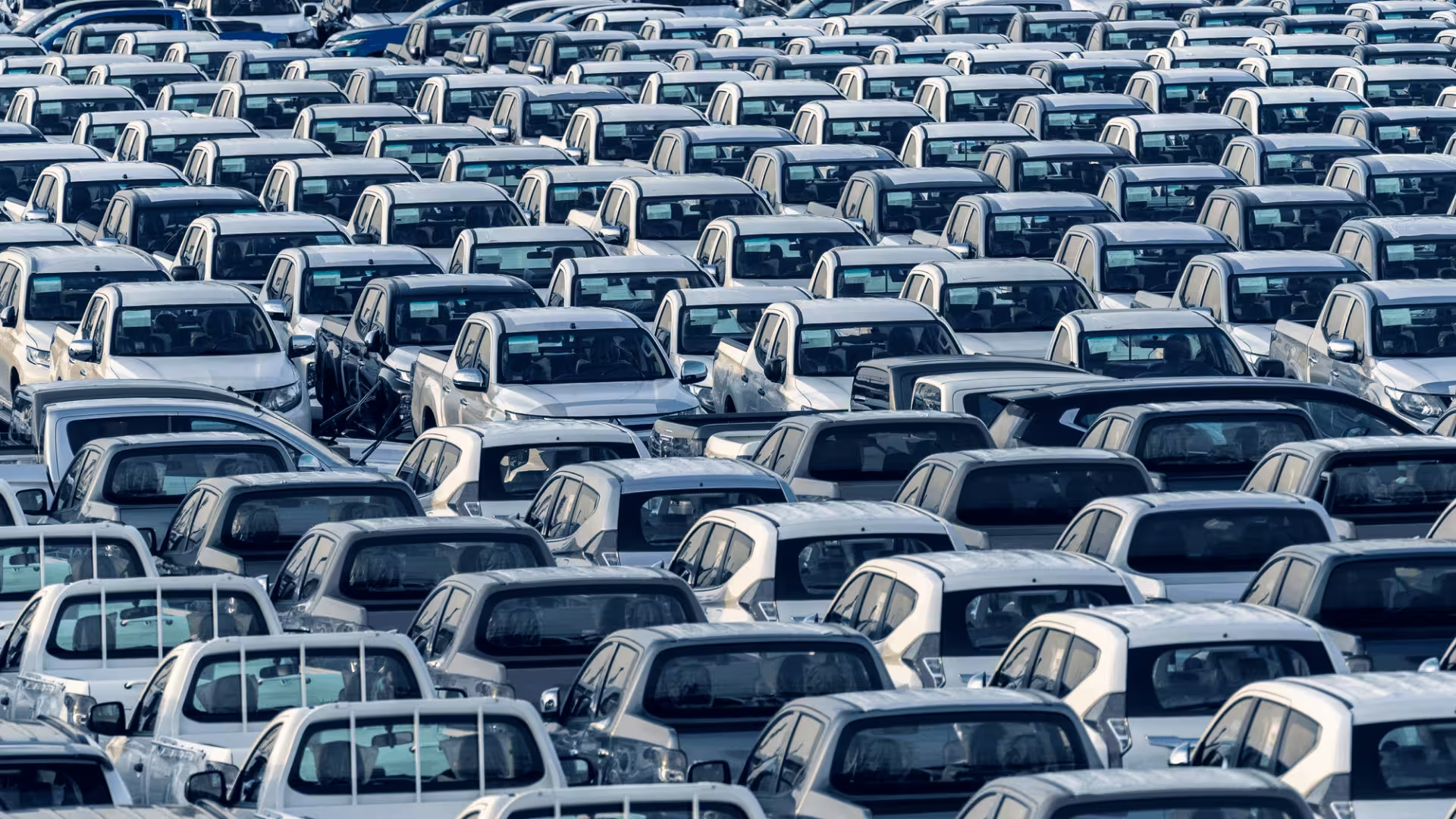From morning coffee to BBQ burgers to wastewater treatment, the blanket 50% tariff on Brazilian goods will hit the US economy —and its households
With trade talks between the United States and Brazil at a standstill, it’s expected that US President Donald Trump’s threatened 50% tariff on all Brazilian imports will come into effect this Friday, August 1. And when it does, it will have a vast array of impacts on the American economy.
While the public focus of the trade dispute has been on Brazil’s coffee imports, coffee beans do not tell the whole story of Brazil-U.S. trade.
“Brazilian imports are a surprisingly diverse basket of goods,” says ImportGenius CEO Michael Kanko. “Brazil only ranks 15th among America’s trading partners for total imports, but the country punches above its weight in terms of trade.”
Brazil provides America with whole and processed foods, manufactured goods, raw ores, petroleum products, chemicals, and complex machinery — essentially, everything from raw coffee beans to finished airplanes. And because the threatened 50% tariffs on Brazil are higher than on most other countries, American firms that rely on Brazilian imports will need to consider alternative sources to minimize their tariff exposure. This edition of The Manifest shines a spotlight on select Brazilian imports and the potential impact of 50% tariffs.
Brazil’s top U.S. import: oil and gas
Crude oil is Brazil’s most valuable export to the U.S., valued at nearly $6.5 billion in 2024. Brazil also consistently ranks among the top 10 countries in the world for petroleum exports to the United States. Though Brazilian crude oil imports account for less than 5% of America’s total imports, it is still a substantial volume — one that America’s top energy companies rely upon.

Marathon, whose subsidiaries account for nearly half of all Brazilian crude imports to the United States, operates more than 7,000 gas stations across the country. No matter which company is doing the importing, a 50% cost increase in Brazilian crude will likely lead them to seek out new suppliers.
Beyond coffee: frozen beef and cane sugar
Coffee is Brazil’s second most valuable import to the United States, valued at more than $1.8 billion in 2024. Folger’s, the leading supermarket coffee brand, is the country’s single largest purchaser of Brazilian coffee beans, relying on the South American country for more than 60% of its supply. Folger’s is also among the largest customers to the Port of New Orleans, where the company roasts its beans, accounting for nearly 10% of total TEU landings — demonstrating the many potential ripple effects of a 50% tariff.
But coffee is not the only consumer product imported from Brazil.. Almost every American who eats beef has likely consumed Brazilian beef. America imported more than $896 million worth of Brazilian beef in 2024, accounting for nearly a quarter of all beef imports.

The largest importers of Brazilian beef include Minerva Meats and JBS, which, though not household names, supply the foodservice industry with everything from steaks to burgers, while also selling in supermarkets under the Certified Angus label, among others.
Brazil is also America’s top source of cane sugar. While cane sugar ranks 12th on the list of Brazilian imports, it accounted for 29% of all U.S. imports in 2024, more than double the total of any other country.

Cane sugar is the preferred sweetening agent for a multitude of consumer products ranging from sodas to pastries to cocktail syrups. Given its wide usage, cane sugar’s 50% tariff could impact prices for a range of consumer goods.
Tires take a tariff hit
And it’s not just food and fuel: other consumer goods will also be hit hard. One of the most recognizable consumer brands relying on Brazilian imports is the Pirelli tire company. While tires ranked a lowly 45th among America’s Brazilian imports in 2024, they ranked 9th in terms of total TEUs shipped to U.S. ports, owing to their size and their hollowness. And they account for 30% of all Pirelli’s imports to the United States, making a 50% tariff a significant blow to the company’s price competitiveness.
Reducing tariff exposure in a volatile trade environment
For American businesses, one of the most challenging aspects of the 50% Brazilian tariff is that it had no apparent economic rationale. When he made the tariff threat, President Trump called for the government of Brazil to end court proceedings against its former President, Jair Bolsonaro, to have the threat rescinded — a demand that had nothing at all to do with the two countries’ current trade relations.
If there is a silver lining for U.S. businesses in this situation, it’s that most of the products America imports from Brazil are readily available elsewhere. Petroleum products, coffee beans, beef, cane sugar and automobile tires can all be sourced from numerous countries — each with a unique tariff rate. Using that information as a starting point, businesses can locate new countries where they need to seek out trade partners. And ImportGenius’ AI-powered company profiler can help them locate the best potential partners in any country, delivering detailed company histories, financial data and competitive analyses to help decision-makers find the best fit.
“The politics behind Brazil’s 50% tariff underlines how no American industry is immune to sudden, unexpected, and steep tariff increases,” says Kanko. “Companies need to have relationships with multiple suppliers from different parts of the world, and they have to be prepared to adjust their supply chains on the fly.”




More blogs & reports





